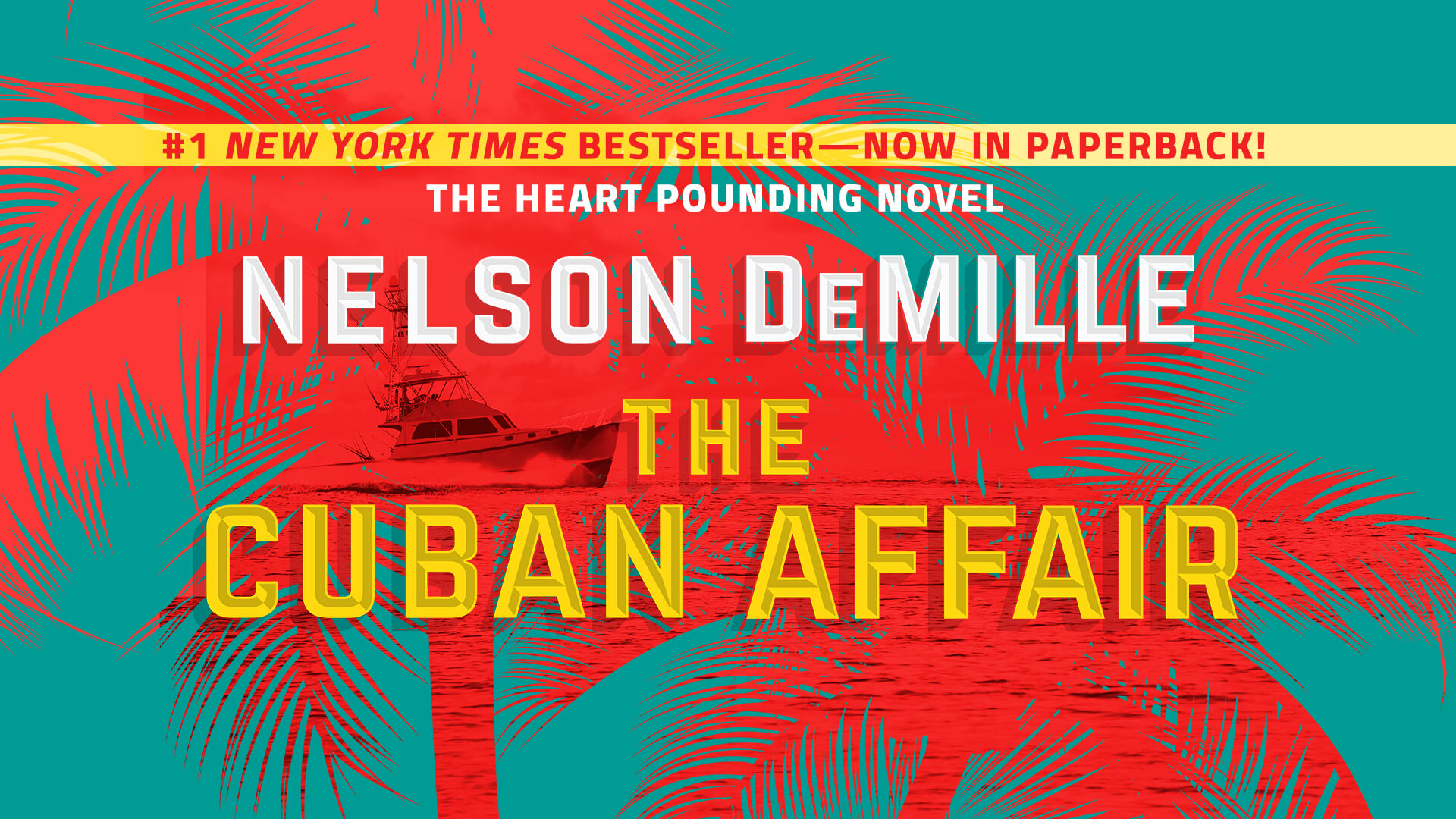The Cuban Affair
Frequently Asked Questions
Did you actually travel to Cuba to research The Cuban Affair?
Yes, with a Yale Educational group – just as Mac did in the book.
When were you in Cuba?
In October 2016, for two weeks.
What was your first impression of Cuba?
Havana was once a prosperous city, but it is now very run-down, and municipal services, like electricity and mass transit, are spotty. Most of the people were friendly, though some were standoffish. Maybe because they were afraid to be seen as too friendly towards Americans. The people in the rural areas seemed friendlier than in Havana, and they went out of their way to be helpful.
Is there a lot of poverty in Cuba?
Yes, but the Cuban government has solved the problem of income inequality: everyone is equally poor. There is also food rationing and shortages of even the most basic consumer goods, such as toothpaste and paper products.
Did you feel that you were in a police state?
The police state was not as obvious as in some countries I’ve been in, such as the old Soviet Union or Vietnam. But I was aware that Americans had been arrested in Cuba, such as Alan Gross, who I know, and who spent five years in a Cuban prison for espionage, though he was innocent.
Was the trip worth it in terms of your research?
Yes, I couldn’t have written the book I did without having gone to Cuba. I enjoy doing research in exotic and repressive countries, but maybe I should set my next book in Paris or Bermuda.
Do you think that everything you represented in The Cuban Affair about Cuba was accurate and fair?
I always strive for accuracy and fairness. I try to leave my prejudices behind and become a reporter of the facts – not only as I see them, but also as others with me see them.
How was the food in Cuba?
Passable. Sometimes very good in the privately-owned restaurants called paradors. But several people in our group developed gastrointestinal problems.
Is it true that you wrote yourself into The Cuban Affair?
Yes, twice. The character of Richard Neville, a bestselling author with a younger, beautiful wife named Cindy is me and my wife, Sandy. Also, the character of Jack Colby, who is Mac’s first mate, is partly me – he’s my age, grumpy and politically incorrect, and he was a Vietnam combat vet, as I am.
Did you have fun creating those characters?
If the author is not having fun, the reader is not having fun.
Were you afraid that world events would overtake the events that you were writing about in your book?
There is always that possibility with contemporary geo-political thrillers. But I set my book in October 2016, and what I write about in The Cuban Affair is accurate for that time.
Did you have any help from the U.S. government when you went to Cuba? Any other help? Really?
Yes. The IRS let me deduct the cost of the trip as a research expense.
The CIA opened all their files to me.
Just kidding. But I was invited to visit the U.S. Embassy in Havana, and the acting U.S. Ambassador, Jeffrey DeLaurentis, was very helpful, informative, and forthcoming.
Do you think The Cuban Affair helped or hurt Cuban-American relations?
I think it highlighted the historic problems between Cuba and America that have existed since the Spanish-American War of 1898. But it also touched on the positive historic and cultural ties between the two countries, which along with the geographic proximity can lead to better relations.
The Cuban Affair was a New York Times Number One bestseller in America. How was it received in Cuba?
It was listed in the official Communist Party newspaper, Granma, as a book you should not be caught reading.
Would you go back to Cuba?
I would not be allowed in the country under the present regime.
Would you recommend that Americans visit Cuba?
Absolutely. It’s close, it’s cheap, it’s interesting, and it will make you love America.

